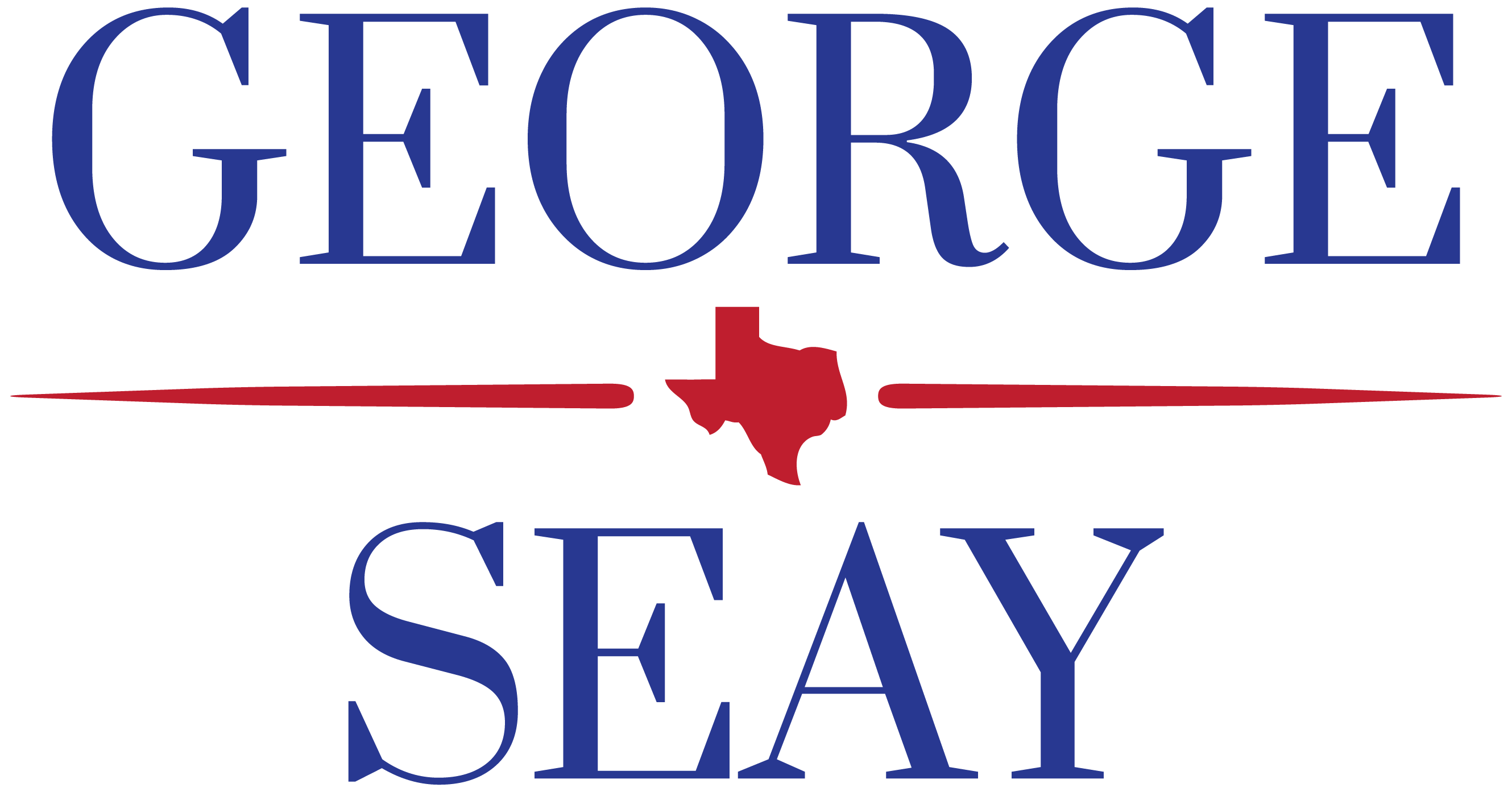The United States and Iran have been far from “bosom buddies” since our old friend the Ayatollah Khomeini overthrew the Shah and imprisoned over 40 Americans in our Embassy for over a year in 1979-1980. Since that sad event, Iranian financed terrorists killed more than 200 Marines in Lebanon, leading to a Marine withdrawal, and seized American troops in a small military vessel during the Obama Administration. They have funded terrorist activity all over the globe, including in Iraq while Americans were trying to stabilize that country, Hamas in the Gaza Strip, Hezbollah in Lebanon, as well as terrorists in Syrian, Yemen, and numerous other countries. It’s safe to say Iran has not been a force for stability, peace, love and/or understanding around the globe since 1979. With bellicose John Bolton firmly entrenched as U.S. National Security Advisor, the re-imposition of sharp sanctions against Iran, and suspension of the Iranian nuclear deal, many fear imminent hostilities and a major military conflict with Iran.
They shouldn’t be – Iranians do not want to lose thousands, if not hundreds of thousands of their military troops and civilians in a hot war with the United States. And after losing over 5,000 dead in Iraq and Afghanistan, the American people are far from eager to reengage in yet another military conflict – in fact, in this day and age Americans generally view one loss of American life over Middle East regional squabbles as one too many.
What should be watched carefully is global oil supply. Taking Iranian oil off the market, coupled with Iran trying to meddle in the global supply chain for petroleum, could lead to supply disruptions, which could lead to $100+ oil, and an eventual global recession and depressed stock market. For the first time since the late 60s, early 70s, America is not dependent on Middle Eastern oil to power our way of life. There is enough supply around the world to make the Middle East far less important to American interests.
American foreign policy should start to reflect that reality, and outside of continued support for our allies in the region (Israel, Jordan, Egypt, the UAE and Saudi Arabia) and a desire for some form of stability, our policymakers should be much more focused on China, Russia, and areas of the world in which our interests are more impactful and poignant. However, having said that, if the rest of OPEC is partially sidelined by Iran or its proxies, an oil price spike could be ferocious and enduring. While we no longer need OPEC oil in normal times, if large chunks of OPEC crude are removed from the markets, temporary dislocations could really harm the global economy and global growth. Keeping the Strait of Hormuz open, while blocking Iranian mischief and keeping it minor, while avoiding a U.S.-Iranian war, is the U.S. foreign policy dance that must be danced. It better be a tango for the ages, and not a fox trot. Iran may be a regional power and not a serious threat to America, but they are a crafty adversary. It’s always wiser to be wary and cognizant of bears and dragons and their locations and purposes, but yellowjackets can really sting you and be an irritant. Focus on the bear and the dragon, but dodge the yellowjackets at the same time.

